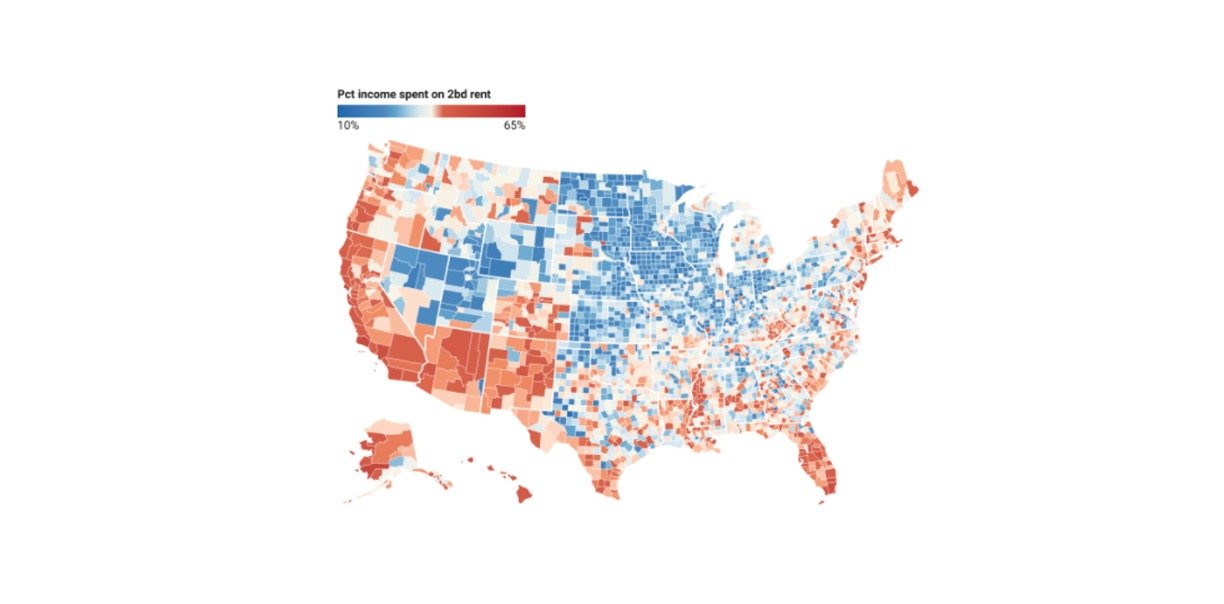Variation Definition
A divergence or deviation from a recognised norm or standard (e.g., in structure, form, or function).
In genetics: Differences in genetics within and between species or populations. A mutant or a variation in genetics.
Differences or variations from a known norm or standard are referred to as variations. It might be a difference in the structure, shape, or function of an organism that distinguishes it from other organisms of the same species or group.
Variety in genetics refers to an individual who differs in some manner from others of his or her species.
The most prevalent source of genetic variation is a mutation in a gene that codes for a protein or RNA.
Variations can be represented in an individual’s phenotype, such as a change in size, colour, or pattern, or they can be detected exclusively by DNA or protein sequencing.
A particular variant can result from mutations in a single gene or through interactions between numerous genes.
Variations among populations of the same species residing in different locations of the world can be distinguished.
Variation can thus be quantified at two levels: at the individual level, i.e. variations between individuals in a family or population, and at the population level, i.e. differences across populations in various locations.
Word origin: Latin variātiōn– (s. of variātiō), equiv. to variāt(us).
Variation Citations
Share












